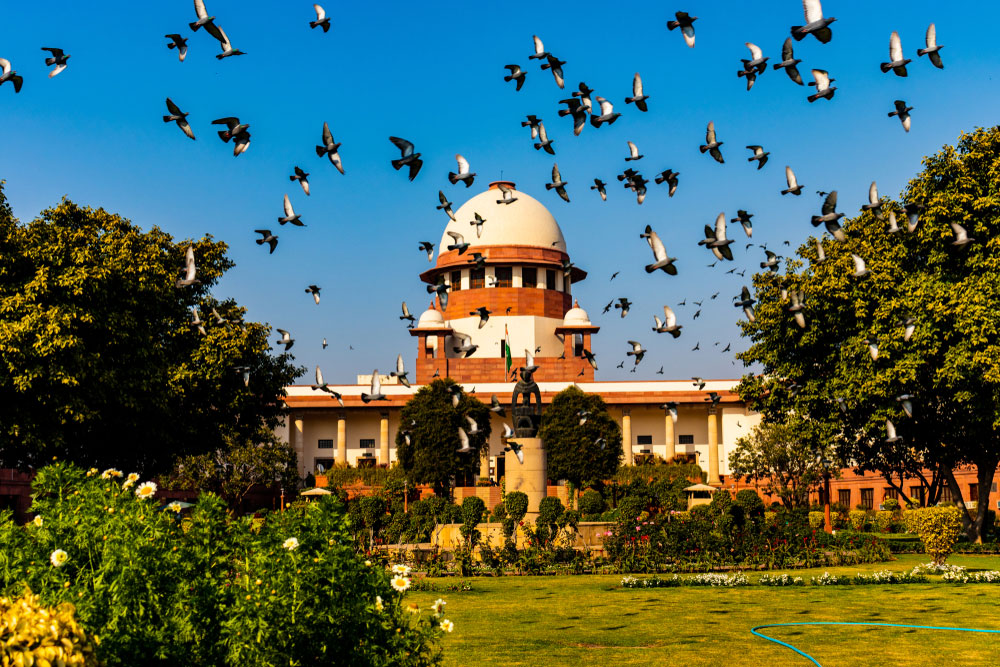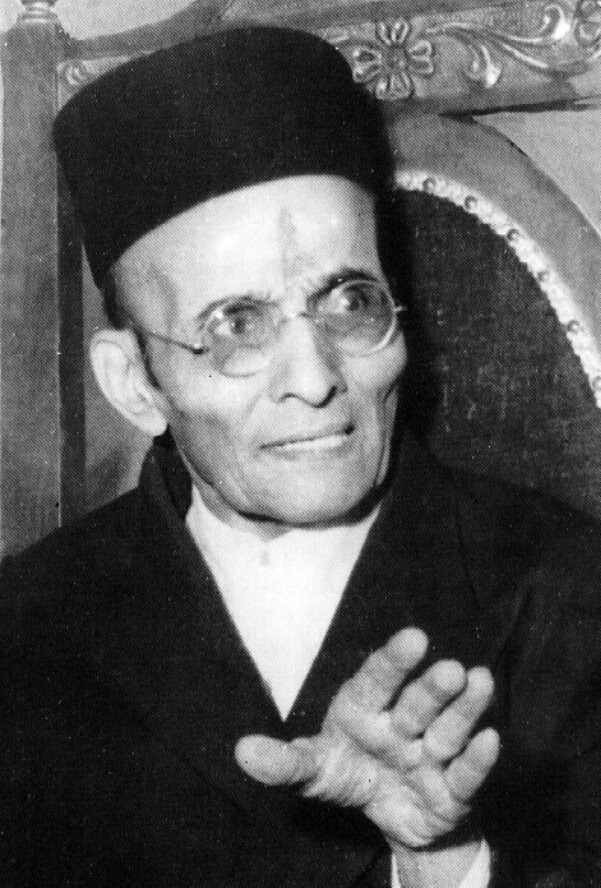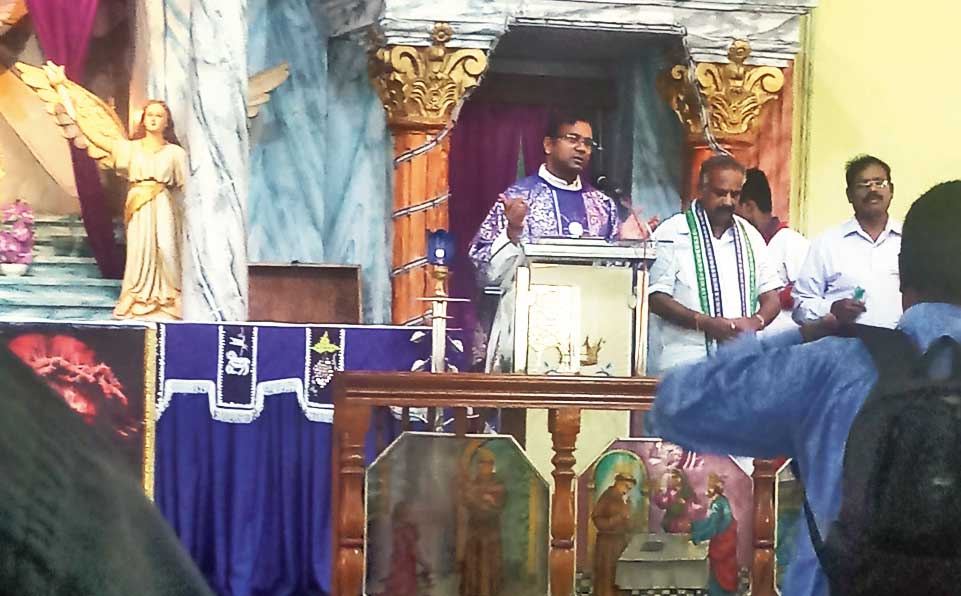A sure-fire way to destroy an edifice is to attack its foundation. While this strategy is best adopted by doctors — to treat the root cause of illness — majoritarian bodies in India can be counted upon to use it for dismantling important cultural systems. There seems to be no other way to describe the incident in Uttar Pradesh in which three men belonging to the Dalit community were arrested on the basis of a complaint by a Hindutva organization. According to the allegations of the Hindu Jagran Manch, one of the accused had used “objectionable words” against Hinduism and encouraged villagers to convert to Christianity during a prayer meeting. The police also claimed that this meeting, which took place at the residence of one of the accused, was conducted without permission. Facts and evidence are clearly of little consequence in law enforcement in New India, for not only is no permission needed for such gatherings, but the police themselves admitted to having found no proof to support the accusations. On what basis, then, were the men charged under Section 295, which is invoked when there is destruction or defilement of sacred places or objects? According to a Supreme Court ruling, a “proximate” connection between speech and violence must be established. What violence or desecration did the “objectionable words” — if any were used — cause in this instance?
Perhaps such baseless attacks on citizens’ rights ought not to be surprising at a time when the mere ownership of books with titles deemed “objectionable” can be cited as “highly incriminating evidence” of an individual’s affiliation to banned organizations. But in the complete emptiness of the charge against the Dalit men lies evidence of two alarming things. One is the insidious, micro-level attempts to demolish India’s syncretic roots. The accused said that members of the Hindu community in the villages regularly attend Christian prayer meetings, and have their educational and medical needs fulfilled by church members without being expected to convert. The idea of a harmonious coexistence — in which people of different faiths live together, help each other and enter one another’s places of worship — appears to be so abhorrent to the adherents of a particular majoritarian ideology that they will seemingly stop at nothing to pull it apart. This is, of course, best achieved by targeting the nation’s marginalized communities, which serves to highlight the other ominous sign: the growing ease with which the law can be misused to punish those whose actions and ways of living threaten the majoritarian agenda.













